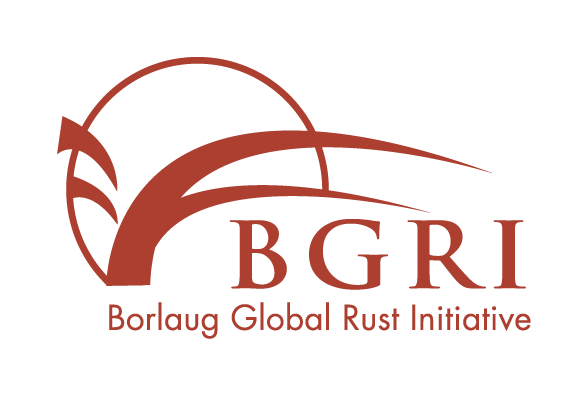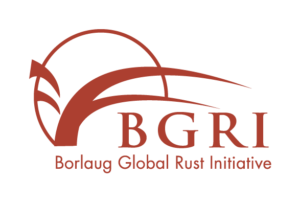CIMMYT and Cornell University are offering an innovative online course to empower global scientists with the most advanced training in wheat improvement.
For the first time, CIMMYT’s Advanced Wheat Improvement Course will be taught through Cornell and the Borlaug Global Rust Initiative. The course combines CIMMYT’s and Cornell’s global expertise in agricultural education and research.
Offered Sept. 19 to Oct. 14 as part of the Accelerating Genetic Gains in Maize and Wheat (AGG) project, the Advanced Wheat Improvement Course includes webinars and virtual one-on-one sessions with leading scientists from Cornell, CIMMYT and partner institutions. The course is free but limited to 20 participants. Applications are being accepted online and are due by August 26.
Created for mid-career scientists working in national agricultural research systems as well as graduate students and other qualified candidates, the course provides comprehensive training on the most recent advances in agricultural plant breeding and its application in breeding programs. The Advanced Wheat Improvement Course explores technologies such as genomic selection, selection indices, GWAS analysis and speed breeding, with detailed lessons on integrating the knowledge into breeding pipelines to increase the current genetic gain for grain yield.
CIMMYT has offered a wheat training program since 1968 with a mission to train plant scientists to overcome challenges in wheat production around the world.
“Wheat production is under growing threat around the world,” said Maricelis Acevedo, research professor at Cornell, who is serving as coordinator for the course. “Cornell and CIMMYT are global leaders in wheat science and education, and this course will provide scientists with the advanced tools and knowledge to secure wheat into the future.”
Questions about the course can be directed to Viridiana Silva Cruz at v.silva@cgiar.org.
The course is made possible through the Accelerating Genetic Gains in Maize and Wheat (AGG) project funded by the Bill & Melinda Gates Foundation and the UK Foreign, Commonwealth and Development Office. The BGRI is based in the Department of Global Development in the College of Agriculture and Life Sciences at Cornell University





